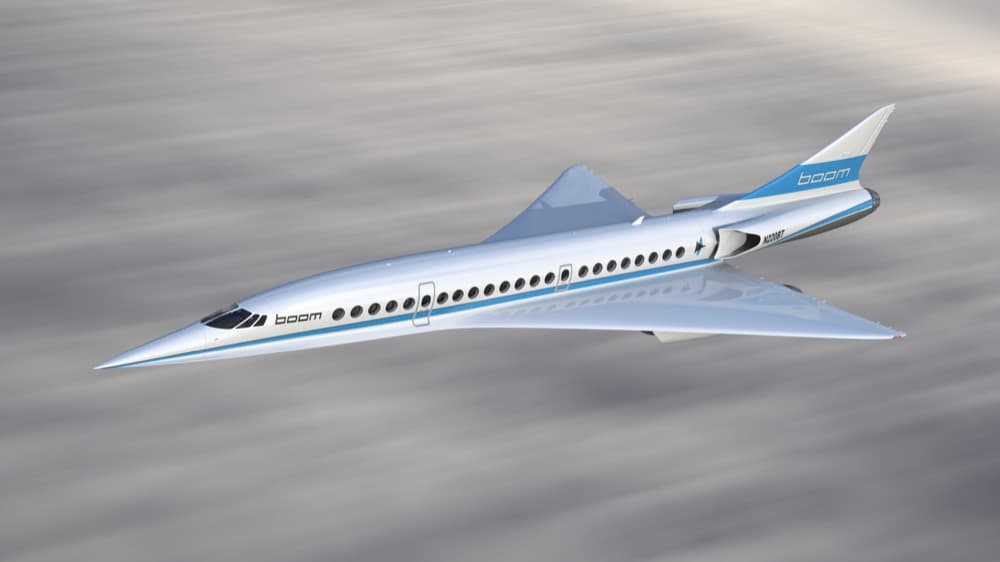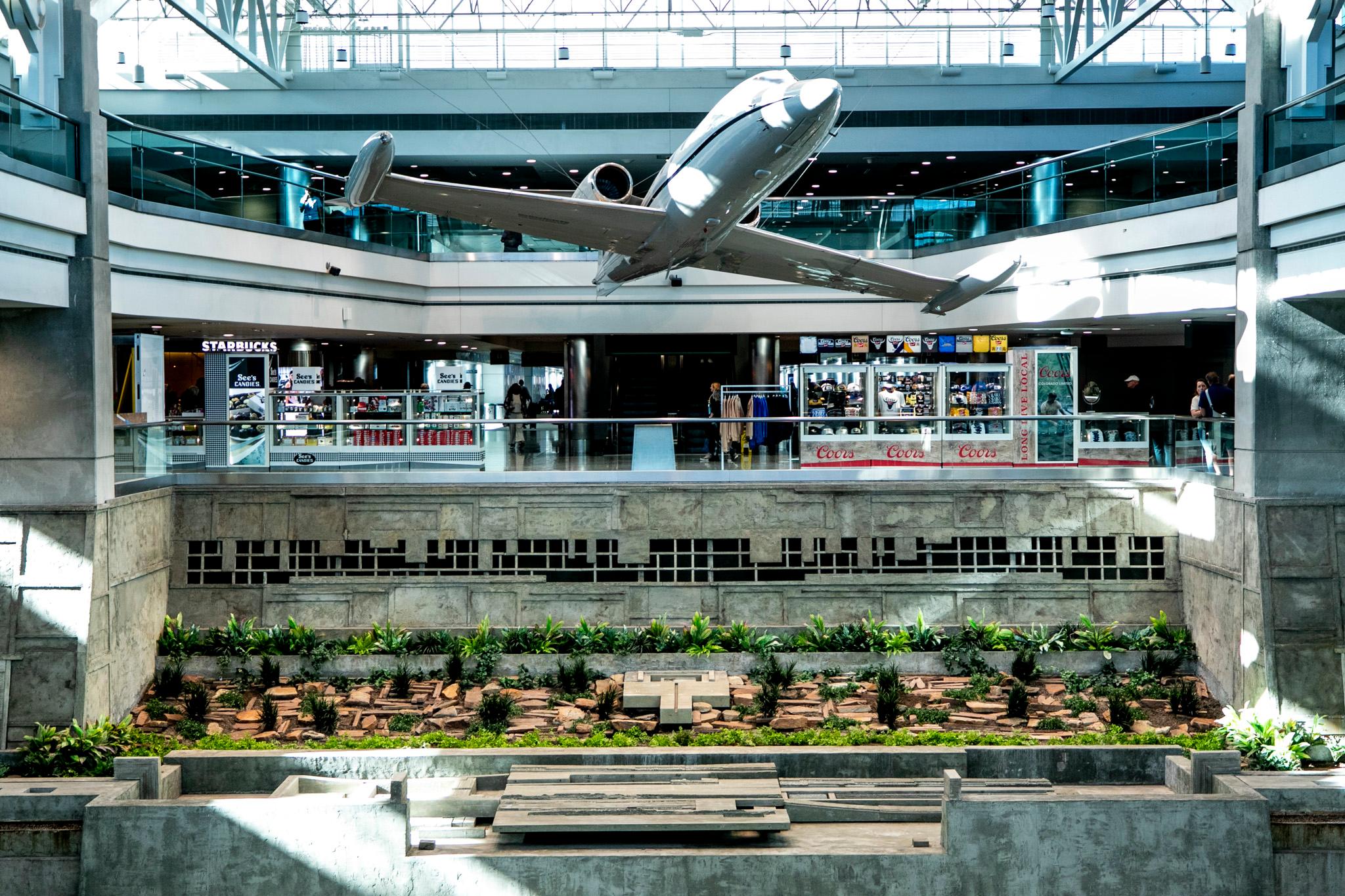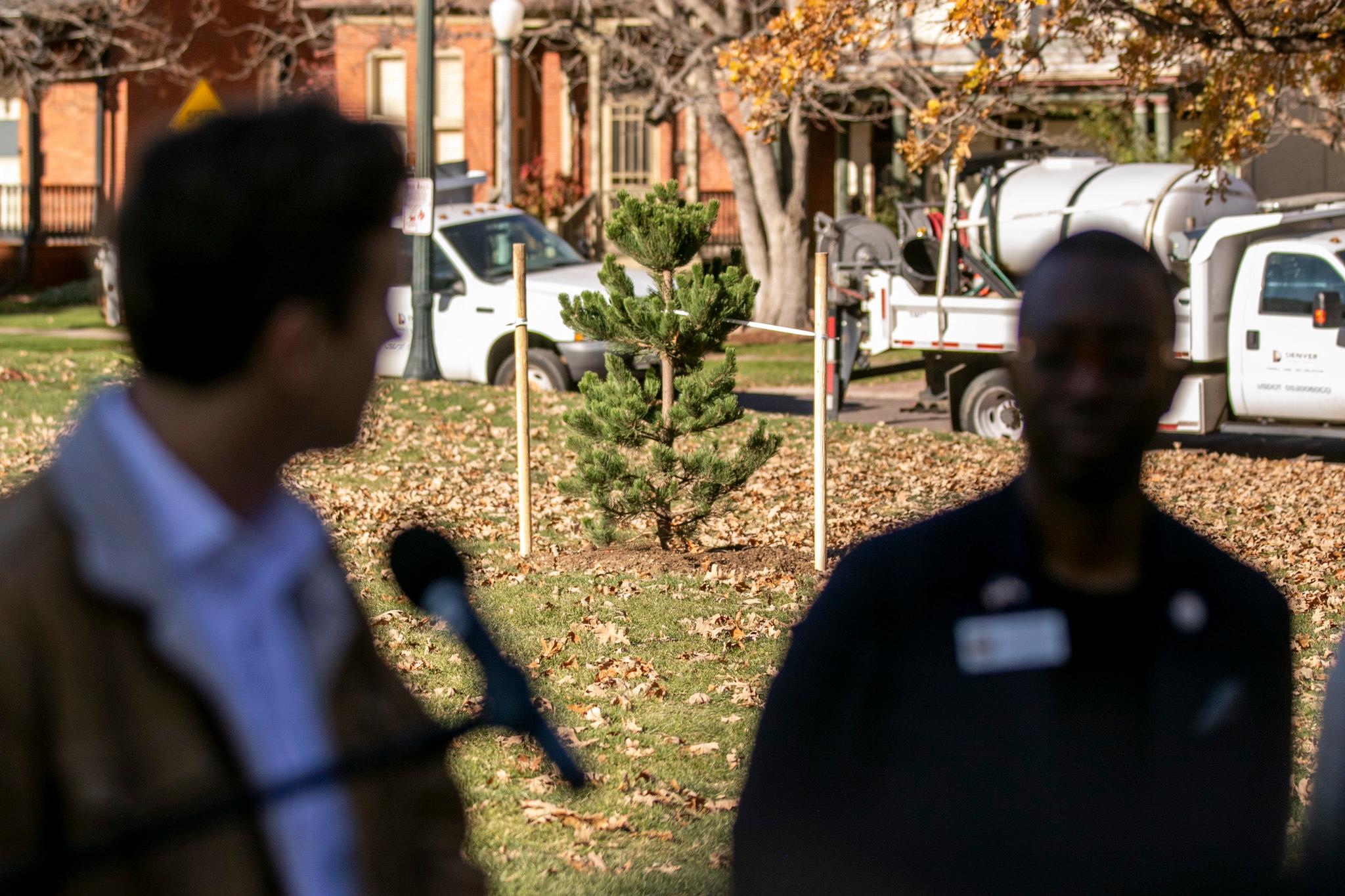
Don't worry. It won't be that loud.
That's Boom Technology's reassurance for the new generation of supersonic planes that the Colorado company is developing in an attempt to revive super-fast air travel after the demise of Concorde.
There are many common misconceptions about sonic boom. Other commonplace noises, such as thunder, are louder than sonic booms. Sonic booms do not break windows or cause hearing damage (unless the aircraft is flying supersonically at an extremely low altitude, which commercial aircraft do not.)
Unfortunately, supersonic flight is banned over the United States. This ban should be reversed and replaced with a commonsense noise standard, set to promote efficient, affordable supersonic flight while disallowing nuisance. In the meantime, the Boom jet will fly routes that are primarily overwater — such as New York to London or San Francisco to Tokyo, flying subsonically when over land. Over 500 routes benefit immediately and significantly from supersonic.
Boom has filed lobbyist paperwork in D.C.
Axios flagged the registrations and suggested the goal might be overturning that ban on domestic supersonic flight.
Here's what the company had to say:
"Boom’s vision is routine and affordable supersonic flight," Blake Scholl, co-founder and CEO of Boom Technology Inc. said in an email. "We support policies that enable new supersonic routes and make fast travel affordable for more people. Supersonic flight will eliminate hours of misery aboard slow aircraft -- while making Earth’s wonderful people and places more accessible. We're starting conversations in D.C. and around the world to help educate policymakers on how they can enable a faster future."
So, basically, yes.












